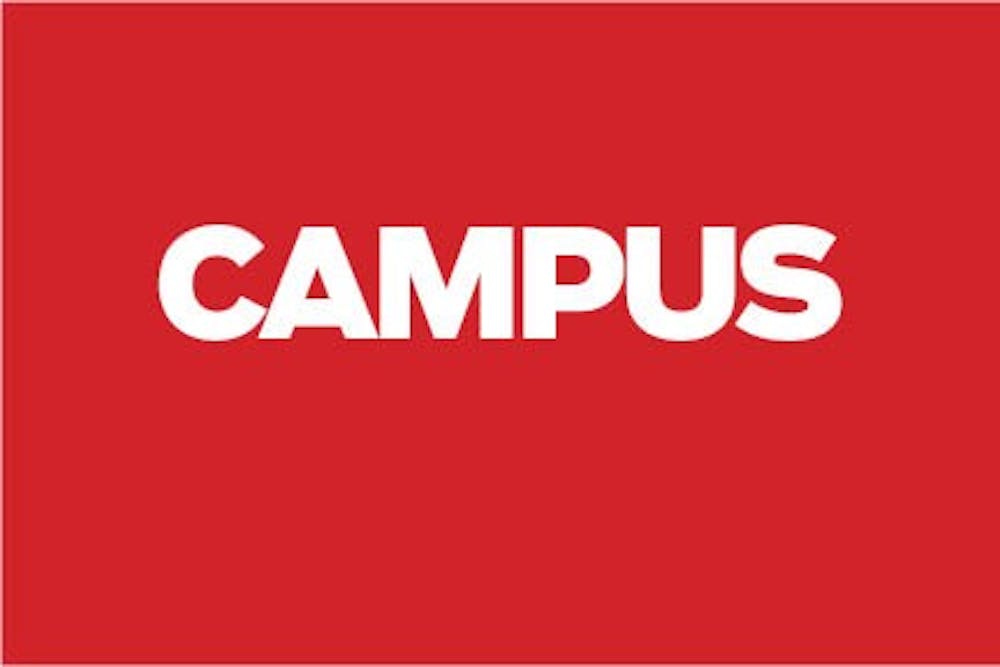Before its closing last spring, the Poynter Center served as an institution of ethics at IU and promoted discussions about ethical issues through talks, workshops and activities led by students and faculty.
Since IU Provost Lauren Robel cut the funding of the Poynter Center, the people and activities associated with the ethics institution have been forced to find new resources and partners to continue their work.
The Ethics Bowl at IU, an organization for students to engage in academic debate on ethical issues, was previously sponsored by the Poynter Center.
The Poynter Center provided funding for the Ethics Bowl’s events and the use of the center’s building for meetings and practices.
After the institution’s closing, the Ethics Bowl continued with new sponsorships and advisers, said Joe Bartzel, program coordinator for the Ethics Bowl.
The team found new sponsors, including the Political and Civic Engagement program, and got Sandra Shapshay, associate professor of philosophy, to be a faculty adviser, Bartzel said.
The Bioethics Society at IU, a student organization dedicated to promoting a discussion of ethical issues in science and medicine, was also sponsored by the Poynter Center before its closing.
The organization routinely invited speakers, including lawyers, physicians and professors, to have discussions and talks on ethical issues in their area of work.
The Poynter Center provided a venue for these speakers, as well as the Bioethics Society’s other activities, such as film screenings. The Center’s faculty also helped with organizing events.
Since then, the organization has still found a wide interest from students but has lacked the resources Poynter offered.
“Under Poynter, the Bioethics Society was more open to people and students all from different subjects and topics,” said Holly Ellis, president of the Bioethics Society. “That helps bring the Bioethics Society to have students from all kinds of different disciplines, whether it’s philosophy, biology or law.”
Students in the Bioethics Society have since reached out to professionals through other opportunities, such as physicians they have shadowed, Ellis said.
Saul Kutnicki, a Ph.D. student in communication and culture, received the Jesse Fine Fellowship, funded by the Poynter Center.
The fellowship supported Kutnicki’s creation of the course MSCH-V 334: Ethics of Ruins: Images and Aftermaths in the American Mediascape, in which Kutnicki seeks to help students think critically about ruins through the creation and production of their own creative projects.
The course challenges the paradigm of what counts as a ruin, which Kutnicki claims can extend to include decayed film or other obsolete media.
Before the center closed, Kutnicki received half of the fellowship money to research course development practices and help sponsor IU Cinema programming related to the course.
Since the closing of the Poynter Center, Kutnicki said he expects to receive the rest of the fellowship from the Provost Office.
The Poynter Center was a great opportunity for graduate students to explore their interests, Kutnicki said.
Emma Young, former program and office manager at the center, now serves as the administrative services and program manager for the Department of Anthropology.
“It’s difficult switching to a new job,” Young said.
Among other personal changes in her life, Young was offered the job to start before her work at the Poynter Center had completely ended.
“I wanted to be there to wrap up everything immediately, but it was more important for me to take care of my career,” she said.
Among the benefits of the center, bringing together people from different disciplines made it a resource for everyone.
“The biggest thing they provided was the different areas of ethics,” Ellis said.




